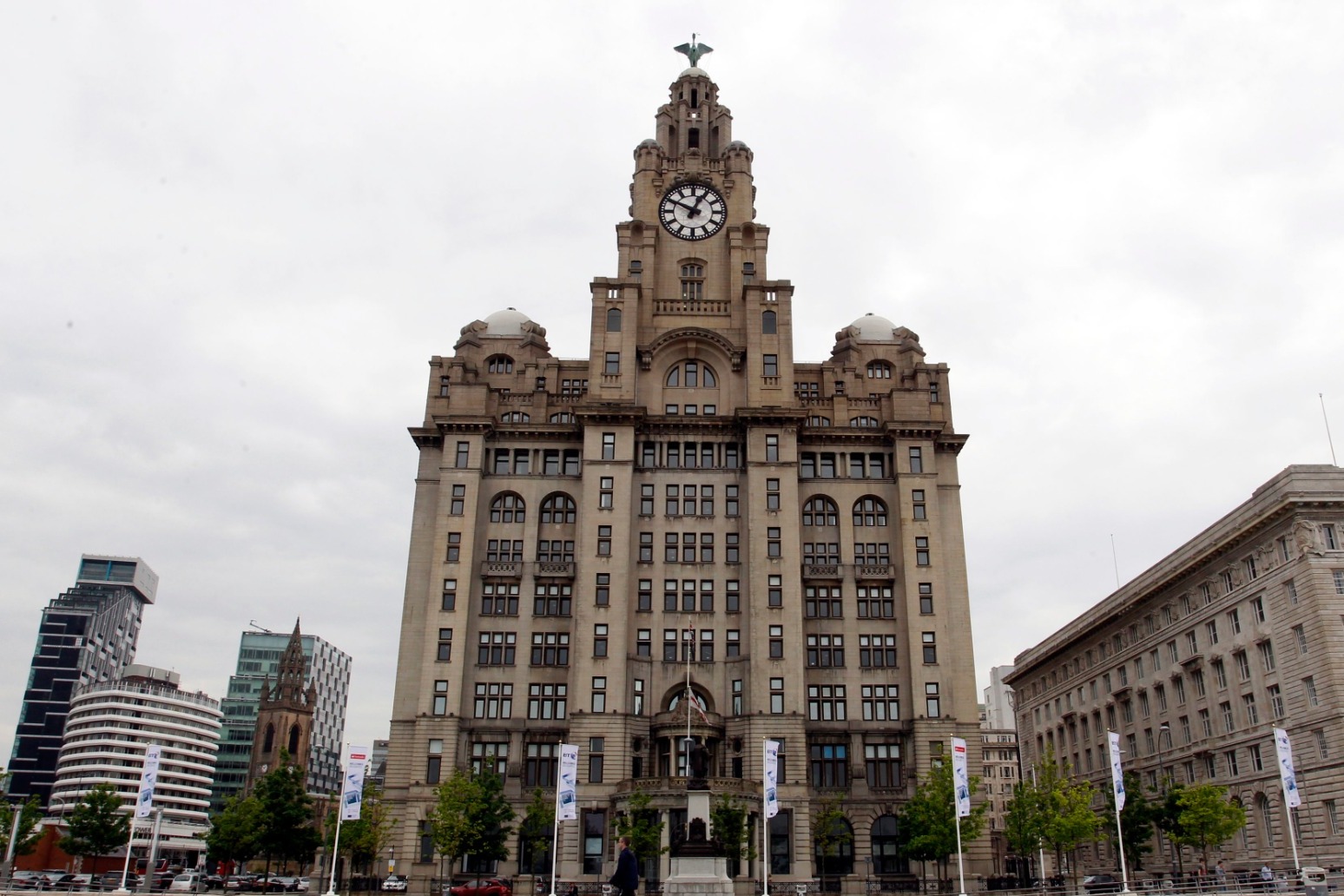
1,000 deaths a year linked to air pollution on Merseyside, report claims
More than 1,000 deaths a year can be directly linked to air pollution in the Liverpool city region alone, new research has claimed. Up to 1,040 deaths per year was linked to exposure to dirty air according to the report by King's College London (King's) and UK100, a network of local authorities.
And primary school-aged children, born in Liverpool from 2011 onwards, could have a reduced average life expectancy of up to five months as a result, the study commissioned by the British Lung Foundation (BLF) has found.
Road transport was identified as the primary source of Liverpool City Region's toxic air.
All local authority areas in the region - Knowsley, Halton, Liverpool City, Sefton, St Helens and Wirral - had areas that either breached current legal limits set by the EU for air pollution, or exceeded the recommended guidelines set by the World Health Organisation.
The Government recognises air pollution is the greatest environmental cause of harm to health - contributing to 36,000 early deaths annually, the BLF said.
Similar recent studies showed there are between 570-709 deaths in Birmingham in a given year linked to air pollution, and 1,459 in Manchester.
Researchers examined the levels of nitrogen dioxide (NO2) and fine particulate matter (PM2.5), the most harmful forms of air pollution to human health, across the Liverpool region, with the greatest impacts being faced by the poorest households, living in areas with the highest concentrations.
Car ownership was found to be low amongst these groups, indicating that the people most affected are the least responsible for the problem.
Liverpool is one of the 62 local authority areas mandated by central government to reduce NO2 levels in line with legal limits and has submitted an outline business case to introduce a Clean Air Zone (CAZ).
Zak Bond, policy & public affairs officer at the BLF, said: "Liverpool has some of the highest levels of lung disease and deprivation in the country and as these groups are most at risk from toxic air, we need politicians to take fast action to remove the dirtiest vehicles from the most polluted roads through Clean Air Zones."
Mother-of-two Alexia Zavroz said: "I've lived in Liverpool my whole life and have been concerned with air pollution for as long as I can remember. When I became a parent, I became even more worried. My daughter kept developing chest infections and regularly ended up needing anti-biotics.
"Our doctor said this was linked to us living in a highly-congested part of Liverpool."
Dr Rob Barnett, of Greenbank Road Surgery in the city, said: "Only last week I saw a patient, in their mid-thirties, who had long standing breathing and sinus problems.
"Their job took them overseas for six months. Within a week, their symptoms had subsided, and they required no medication, yet within weeks of returning to Liverpool, their respiratory symptoms had returned."
Dr David Dajnak, principal air quality scientist with the environmental research group at King's College London, said: "This report exposes once more the level of threat air pollution poses to health.
"In Liverpool City Region, people's lives are being cut short and, notably, the most vulnerable could benefit the most from immediate and ambitious actions to reduce air pollution."
The full report can be downloaded at http://www.erg.kcl.ac.uk/Research/home/projects/Liverpool.html)
Published: by Radio NewsHub